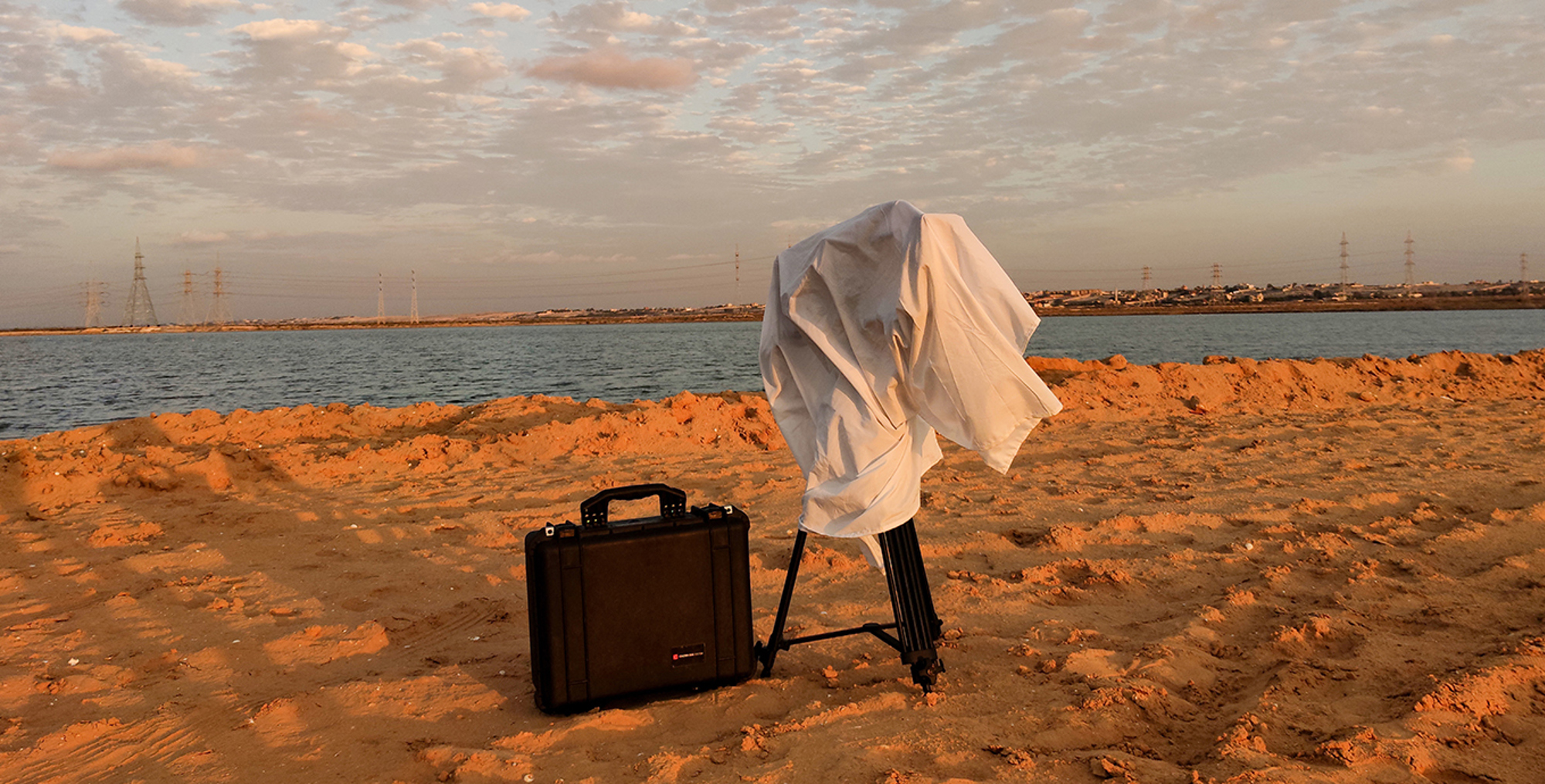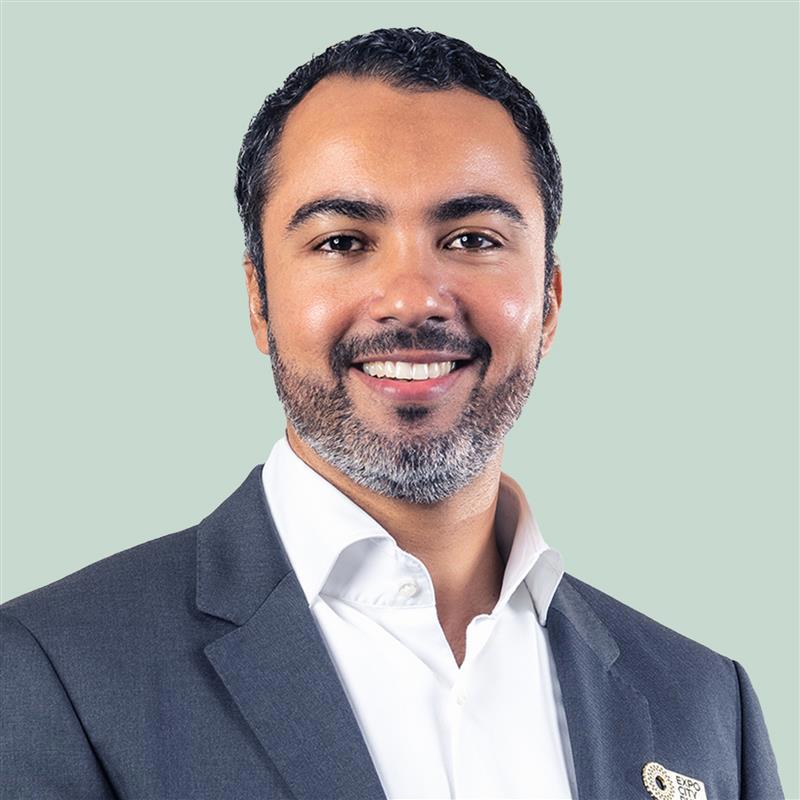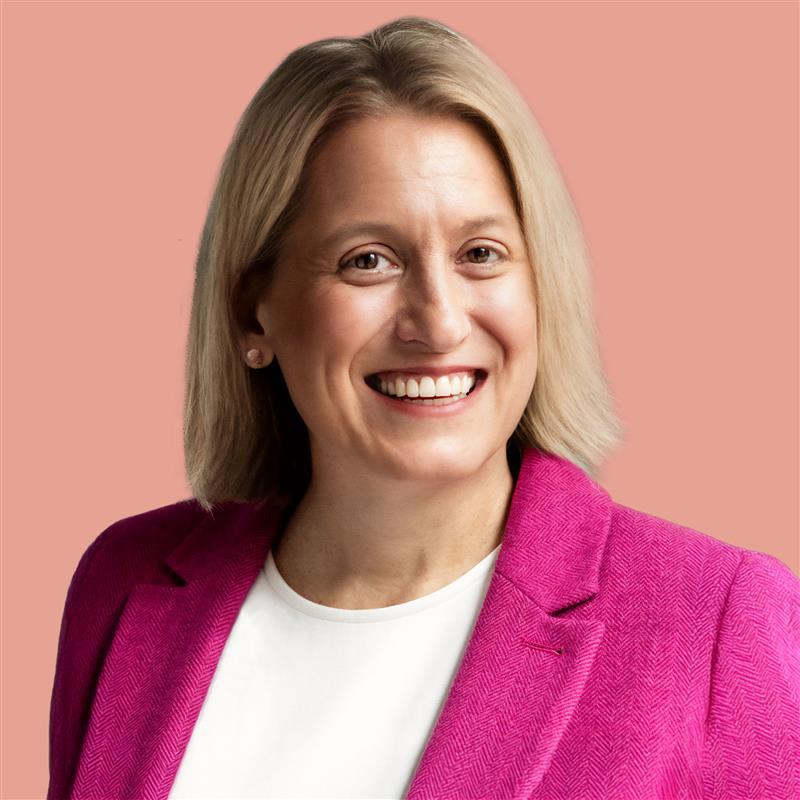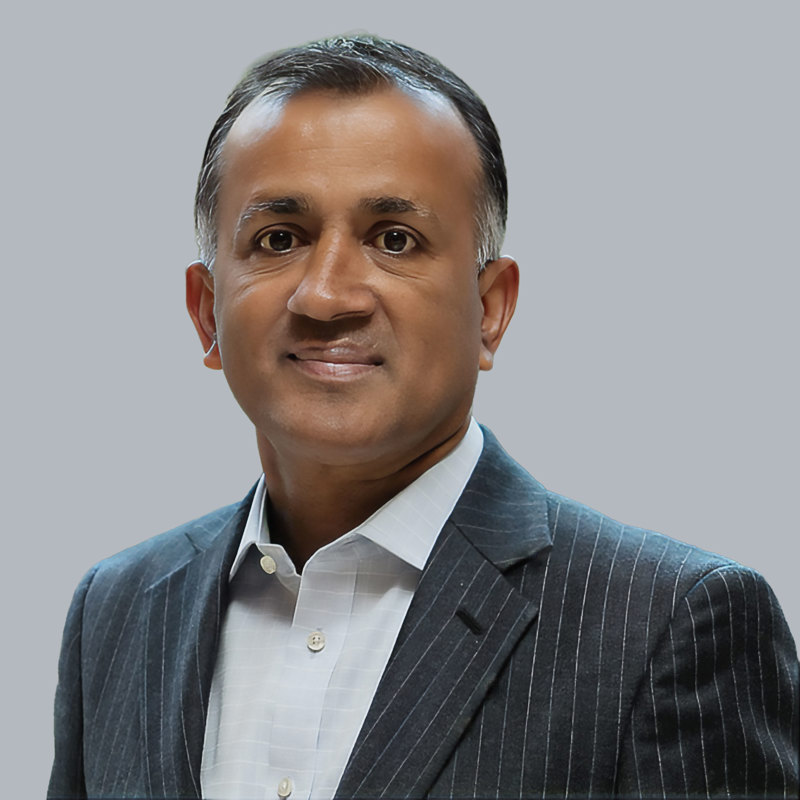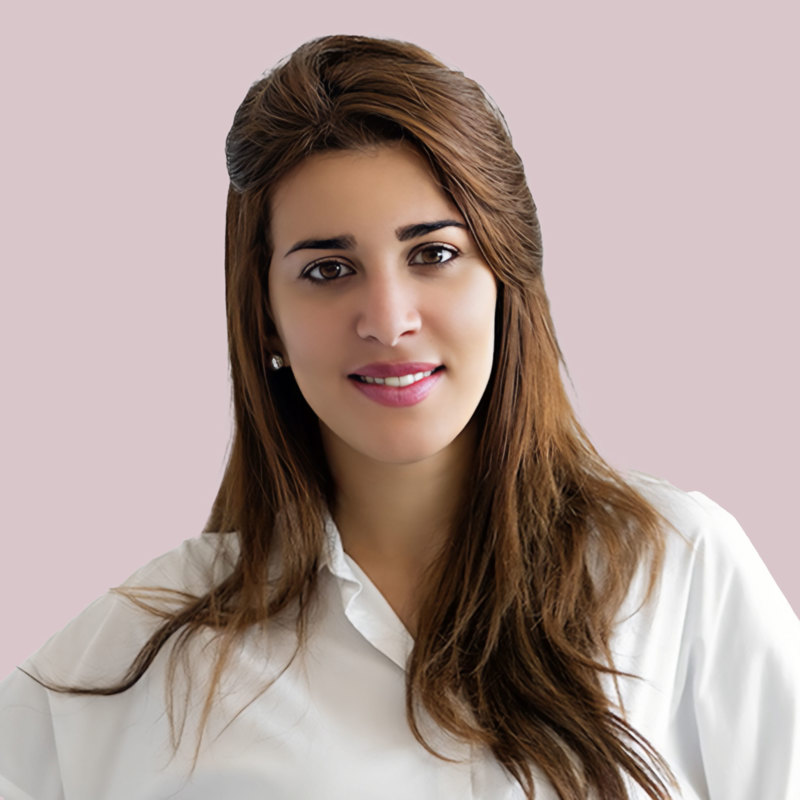 Rima Mismar has been the executive director of the Arab Fund for Arts and Culture (AFAC) since 2016, after joining the organisation as its films progrmame manager five years earlier. She studied Communication Arts at the Lebanese American University (LAU) in Beirut and has worked as a film critic, television producer, and documentary maker with a range of regional channels including Al Arabiya and Al-Jazeera.
Rima Mismar has been the executive director of the Arab Fund for Arts and Culture (AFAC) since 2016, after joining the organisation as its films progrmame manager five years earlier. She studied Communication Arts at the Lebanese American University (LAU) in Beirut and has worked as a film critic, television producer, and documentary maker with a range of regional channels including Al Arabiya and Al-Jazeera.
The Arab Fund for Arts and Culture (AFAC) was launched 18 years ago with a mission to support and invest in independent artists and cultural institutions shaping the narratives of the Arab world.
What began as a modest fund has grown into the largest arts and culture grant provider in the region and a vital, pan-Arab platform for cultural development, independent storytelling, and artistic solidarity.
Operating across 22 Arabic-speaking countries, we've awarded more than 2,200 grants, mobilised US$70m in funding supporting individuals and institutions across film, literature, music, visual arts, performing arts, and cultural programming.
Our grantees have received recognition at the Cannes Film Festival, been showcased at the Sundance Film Festival, and been awarded by the World Press Photo Contest.
Yet, in 2024, just 2.5 percent of our funding came from Arab donors – highlighting the deep and persistent challenge at the heart of cultural philanthropy in our region.
Even at our historical peak, Arab contributions accounted for barely 6.5 percent leaving nearly all our support to come from European and international institutions. These funders have generously stood by us, year after year, and they are witness to the impact we create across the region.
However, despite these donors continuing to carry the weight of funding our regional arts and culture, we cannot ignore the fact that this imbalance has serious implications for the future of Arab arts and culture in our region as a whole.
"When we talk about investing in culture, we are not talking about charity - we are talking about strategy. Culture shapes imagination. It defines what futures we believe are possible and preserves memories."
When we started out back in 2007, the region’s culture sector was fragmented and underfunded, with very few resources available to those seeking to express, question, archive, or celebrate our collective realities.
Fast forward to today and AFAC has transformed lives, careers, and communities across the Arab world.
We are more than a grant-making institution. Our platform is a meeting ground for cross-border collaboration. It is a repository for cultural memory and a gateway for diaspora communities seeking to reconnect with their roots.
AFAC serves as a vehicle for Arab artists to break out of the shadows, to be seen and heard, and to narrate our collective experiences on their own terms.
However, despite our regional reach and growing recognition, we continue to face one critical gap: limited Arab support for Arab arts and culture.
When we talk about investing in culture, we are not talking about charity. We are talking about strategy. Culture shapes imagination: it defines what futures we believe are possible. It preserves memory and counters erasure. It resists, it reclaims, and it rebuilds.
AFAC grantees have taken their projects onto international stages, earning top honors in film, art, documentary, and music, a reflection of the potential that exists in the Arab world and the importance of sharing unfiltered and uncensored perspectives that contribute to our collective narrative.
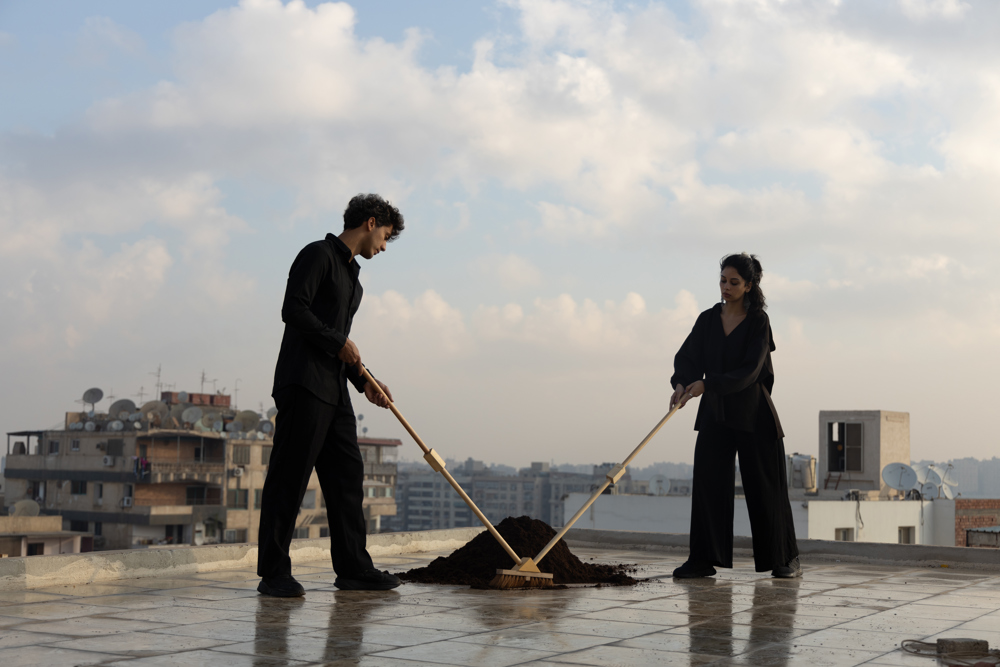
Aly Talaat, Tools For Tomorrow (2023)
Without deeper regional investment in our own storytellers, we risk leaving our cultural narrative to be shaped elsewhere, diluted, misrepresented, or ignored altogether.
Supporting Arab artists is not a luxury; it is an urgent necessity. In a region grappling with displacement, conflict, identity struggles, and rapid transformation, artists are not just creators. They are civic actors, memoirists, historians, and visionaries.
They document what might otherwise be forgotten. They help us process what cannot be spoken. They give voice to a region in flux.
So why has philanthropic support for the arts been slow to grow in the Arab world?
Part of it relates to priorities. Given the scale of humanitarian needs in our region - from health to education to refugee support - arts and culture can often feel less important.
But that is a false dichotomy. Culture is not separate from development; it is integral to it. Investing in culture supports mental health, civic engagement, social cohesion, and long-term resilience.
We're also seeing a transformation in how philanthropy is practiced in the region. Donors today are investing in cultural infrastructure, museums, heritage conservation, and film development.
Saudi Arabia is building entire cultural districts and hosting international festivals, including large-scale attractions such as the Red Sea Film Festival and Riyadh Season, which import global entertainment formats to the Kingdom.
The UAE has invested heavily in global cultural showcases, most notably through the Louvre Abu Dhabi, a symbol of cultural diplomacy that brings a Western institution into an Arab context. Qatar is meanwhile expanding its museum network and public art initiatives and has positioned itself on the global art map by hosting Art Basel in Doha.
These are meaningful investments and signal that governments in the Gulf increasingly see culture as central to national identity, global positioning, and economic diversification.
Yet, they primarily bring in established models and experiences from outside the region rather than propelling new, culturally centered initiatives generated within the region itself. High-level cultural philanthropy needs to be expanded to include grassroots artists, independent institutions, and the diversity of regional voices shaping our collective narrative.

The UAE has invested heavily in global cultural showcases, most notably through the Louvre Abu Dhabi, a symbol of cultural diplomacy that brings a Western institution into an Arab context. Photo: Nazar Skalatsky, UnSplash.
Rightfully, donors are seeking greater impact, stronger governance, and more collaborative models. At AFAC, we welcome this shift. We hold ourselves to the highest standards of transparency and accountability. Our application and jury processes are rigorous, inclusive, and widely respected. We view our grantees not as recipients but as partners. And we know that flexible, unrestricted funding empowers them to go further, faster.
This new era of philanthropy, rooted in strategic collaboration and local knowledge sharing, is exactly where cultural funding should thrive. Arts and culture offer one of the clearest returns on investment: identity, dignity, and legacy. And if we don’t fund our own, who will?
Over our long history, we have seen first-hand how even modest investments can unlock enormous potential. A grant that funds a debut film or exhibition may launch a career that reshapes how an entire generation sees itself. A research project supported today can become a policy proposal, a public archive, or a curriculum tomorrow.
In the Arab world, we do not lack talent. We do not lack vision. What we lack is sustained, strategic support from within our own communities.
To every donor, institution, and individual who has stood by our side: thank you. To those looking to make a difference, know that investing in AFAC means investing in a future authored by us, for us. It means believing that the voices of Arab artists matter, to our region, and to the world.
Almost two decades in, our mission remains clear. We will continue to champion the artists who are documenting, imagining, and redefining Arab culture. But we cannot do it alone. The time has come for cultural philanthropy in the Arab world to step up, boldly, generously, and with purpose.
Let us not allow our cultural legacy to become an afterthought. Let it be our shared priority. Let it be what connects us, heals us, and moves us forward, together. The infrastructure exists. The talent is here. All that’s missing is belief and bold investment.
Opening image: Mahmoud Youssef, Things Went Out of Control (2023)
